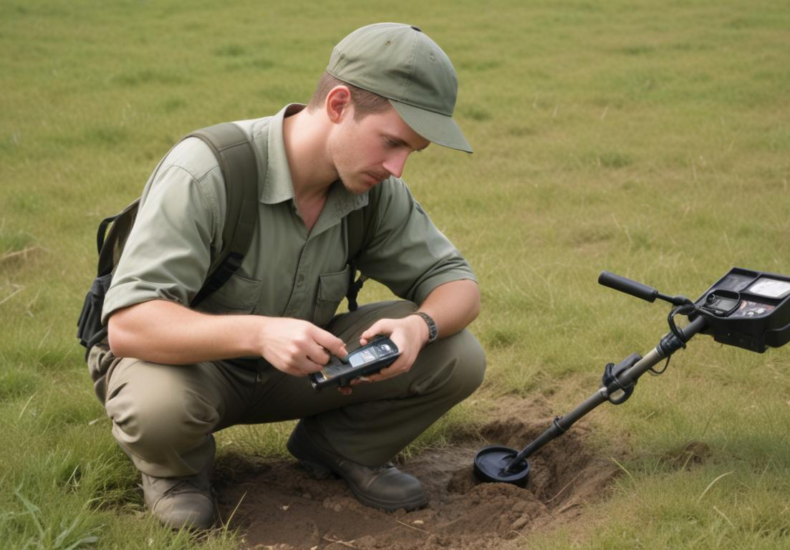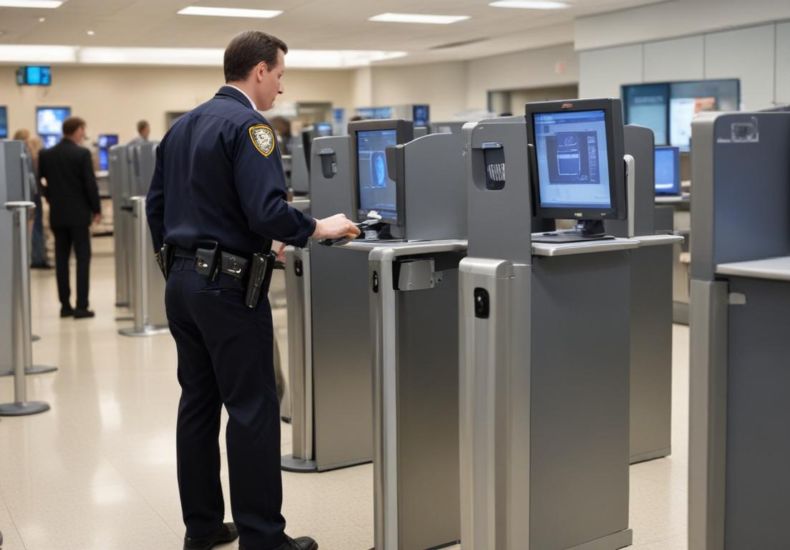Day: April 15, 2025

How to dig responsibly while metal detecting
Navigating the nuanced world of metal detecting requires more than just technical skills; it demands a deep understanding of local and national regulations, ethical digging practices, and environmental stewardship. Different jurisdictions have developed specific laws to protect historical sites while maintaining natural landscapes, making it vital for enthusiasts to stay informed about the permissible boundaries and obligations of their hobby. Moreover, embracing club-established ethical codes and utilizing specialized tools can enhance the sustainability of metal detecting, ensuring minimal environmental impact and fostering a positive community outlook on this engaging pastime.

Top accessories every metal detectorist needs
Metal detecting is more than just a treasure hunt; it’s a delicate operation requiring precision, where the right tools can make all the difference. Discover how crucial accessories like digging tools, pinpointers, and ergonomic gear contribute to protecting historic artifacts while enhancing the thrill of discovery. Dive into the essentials that every metal detectorist should have in their kit to transform elusive beeps into tangible traces of history.

Are metal detectors safe around electronics?
Metal detectors, while essential tools in security and exploration, can inadvertently emit electromagnetic fields strong enough to interfere with or damage nearby electronic devices. Understanding the intricate relationship between metal detector operations and electronic device functionality is crucial to preventing data corruption, functionality impairment, or even health risks associated with devices like pacemakers. This knowledge is vital in settings ranging from archaeology sites to bustling airports, where the balance between effective metal detection and electronic device integrity must be meticulously maintained.